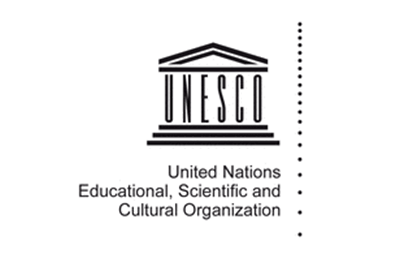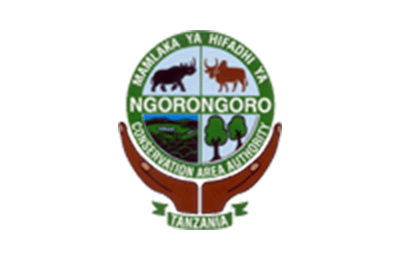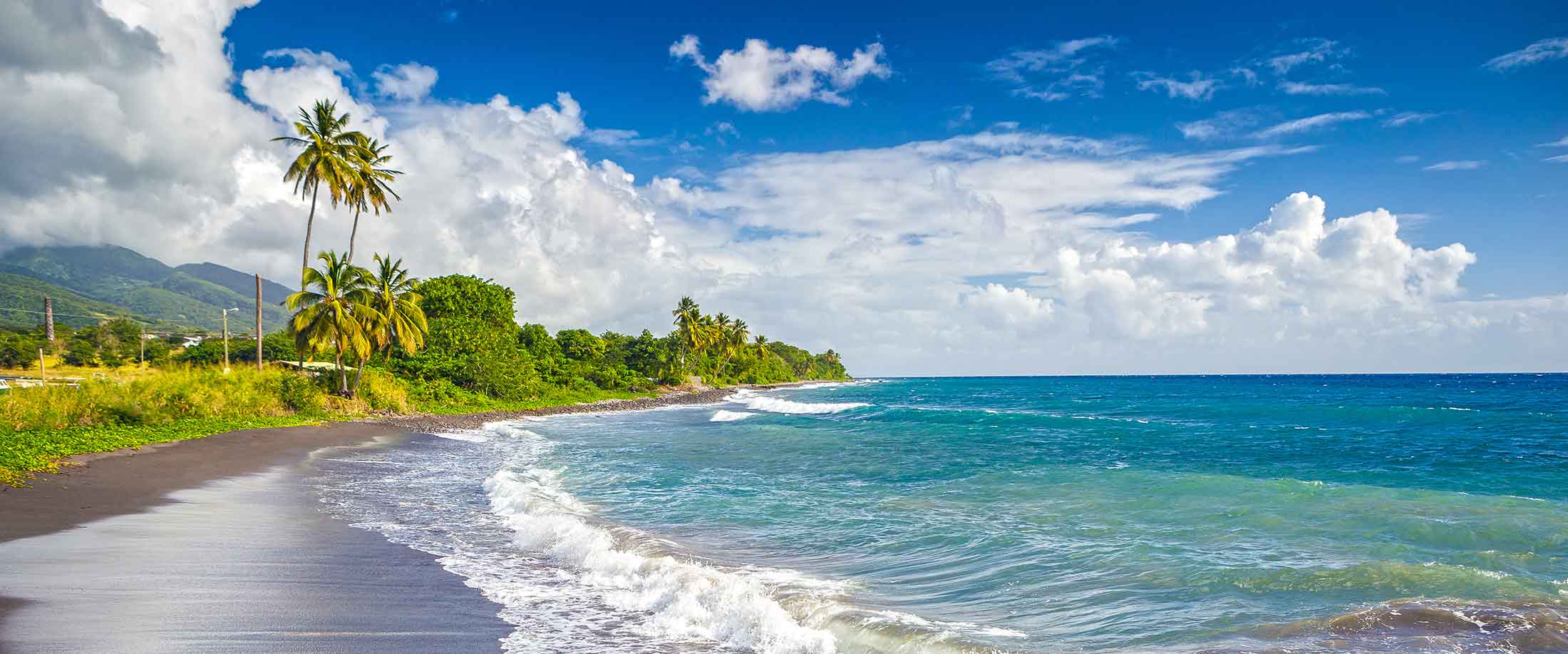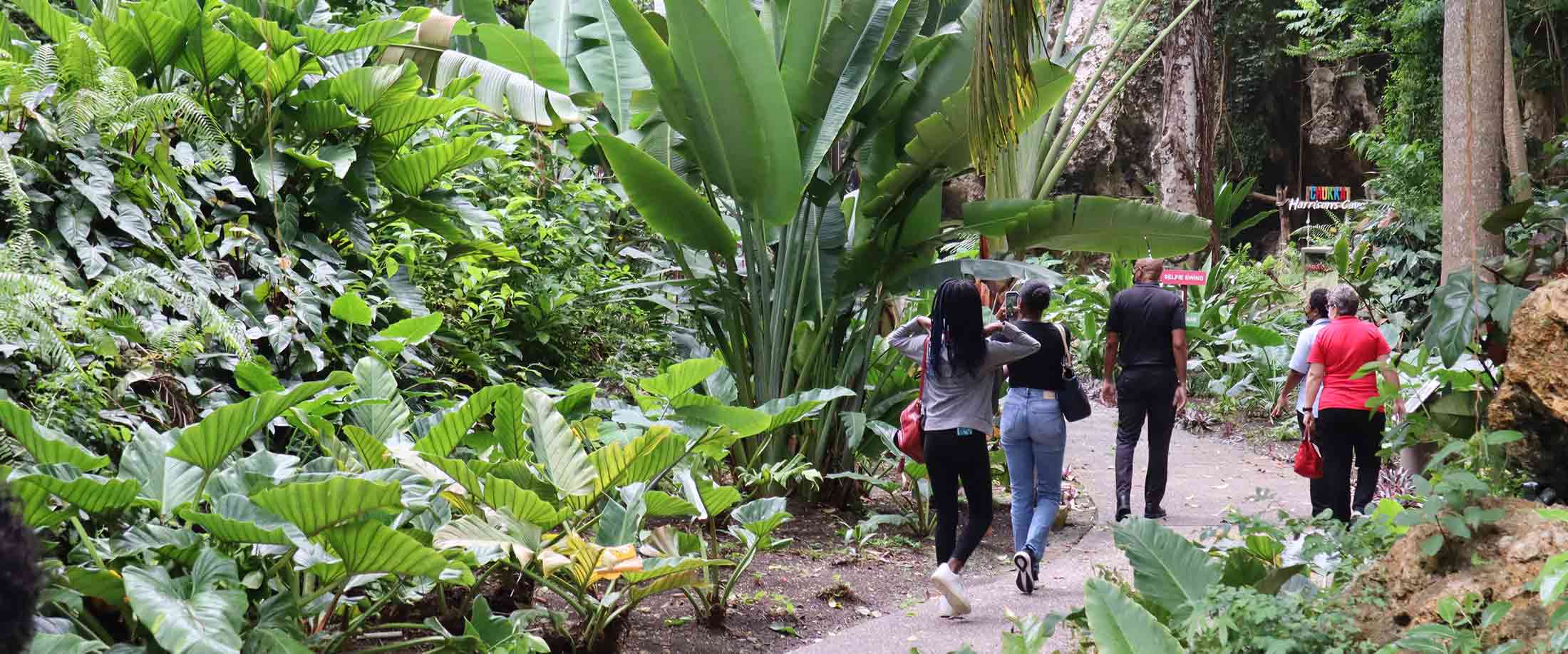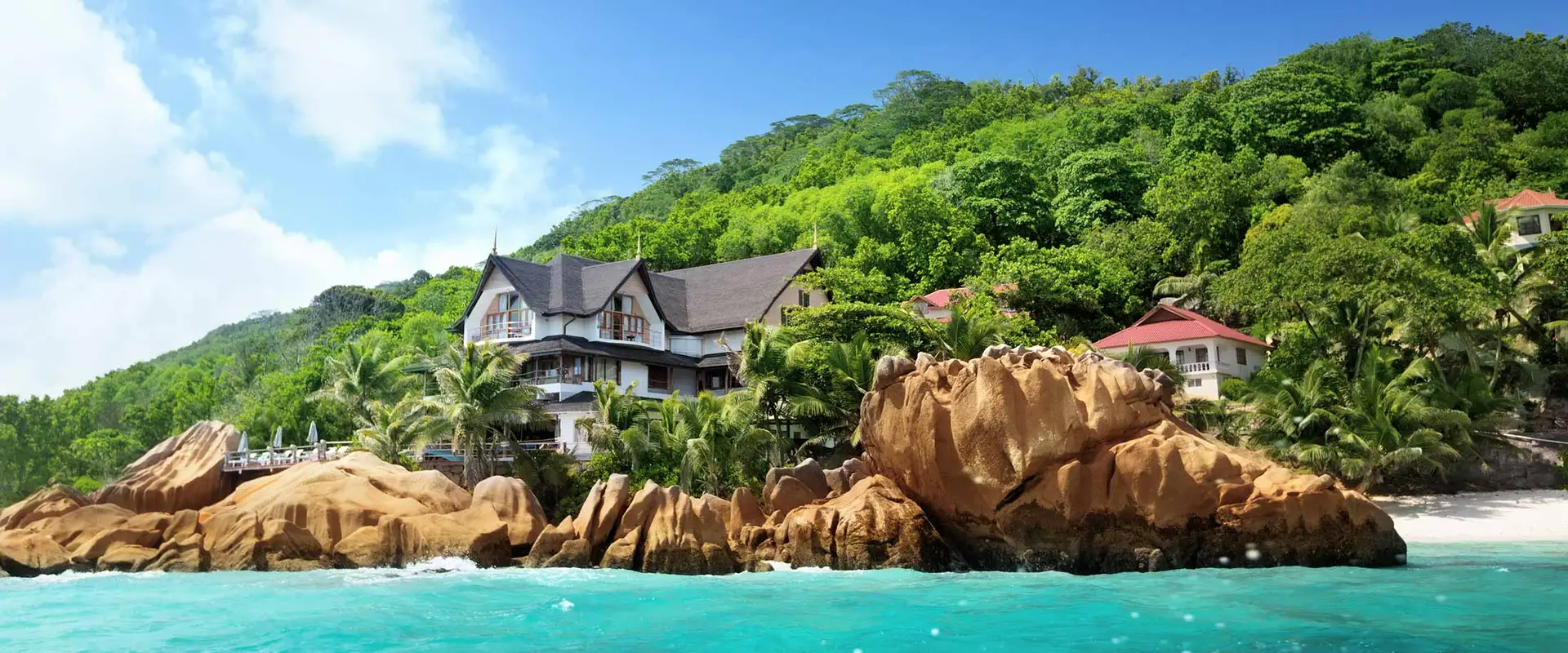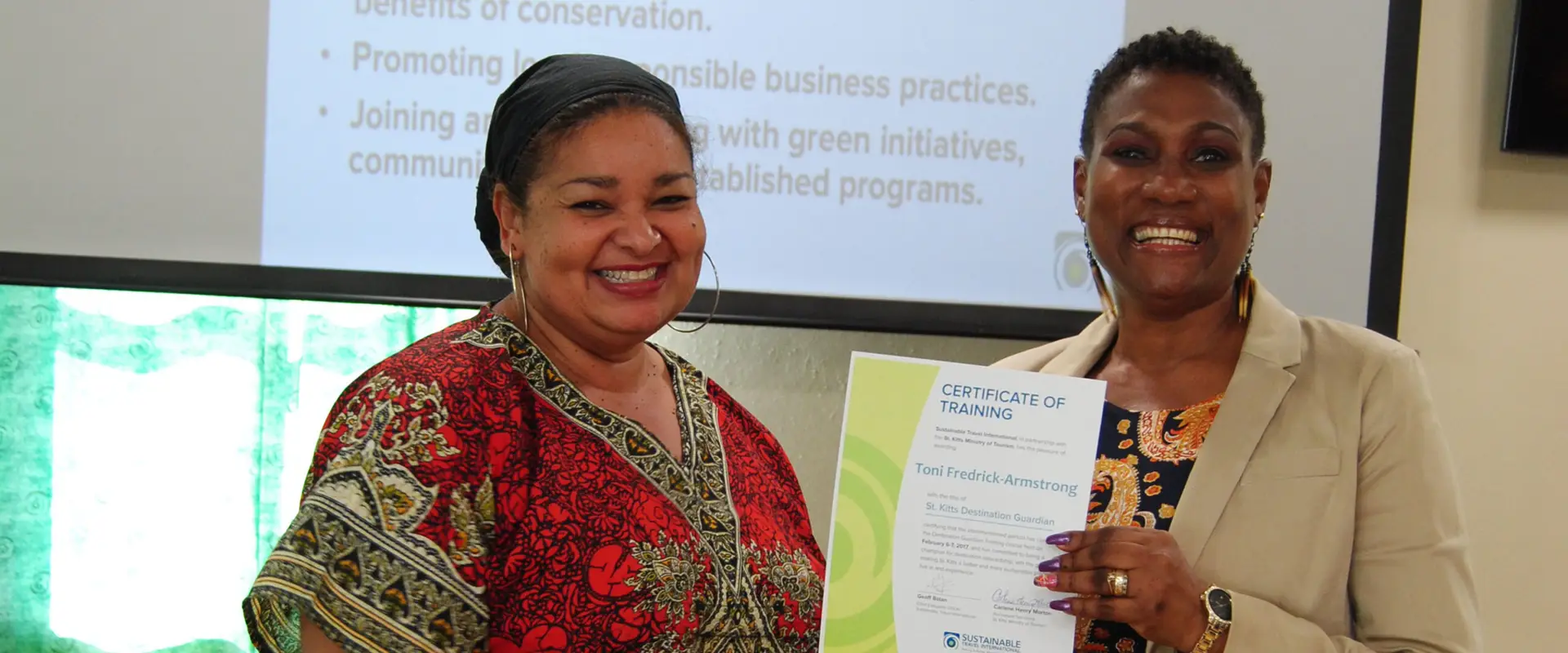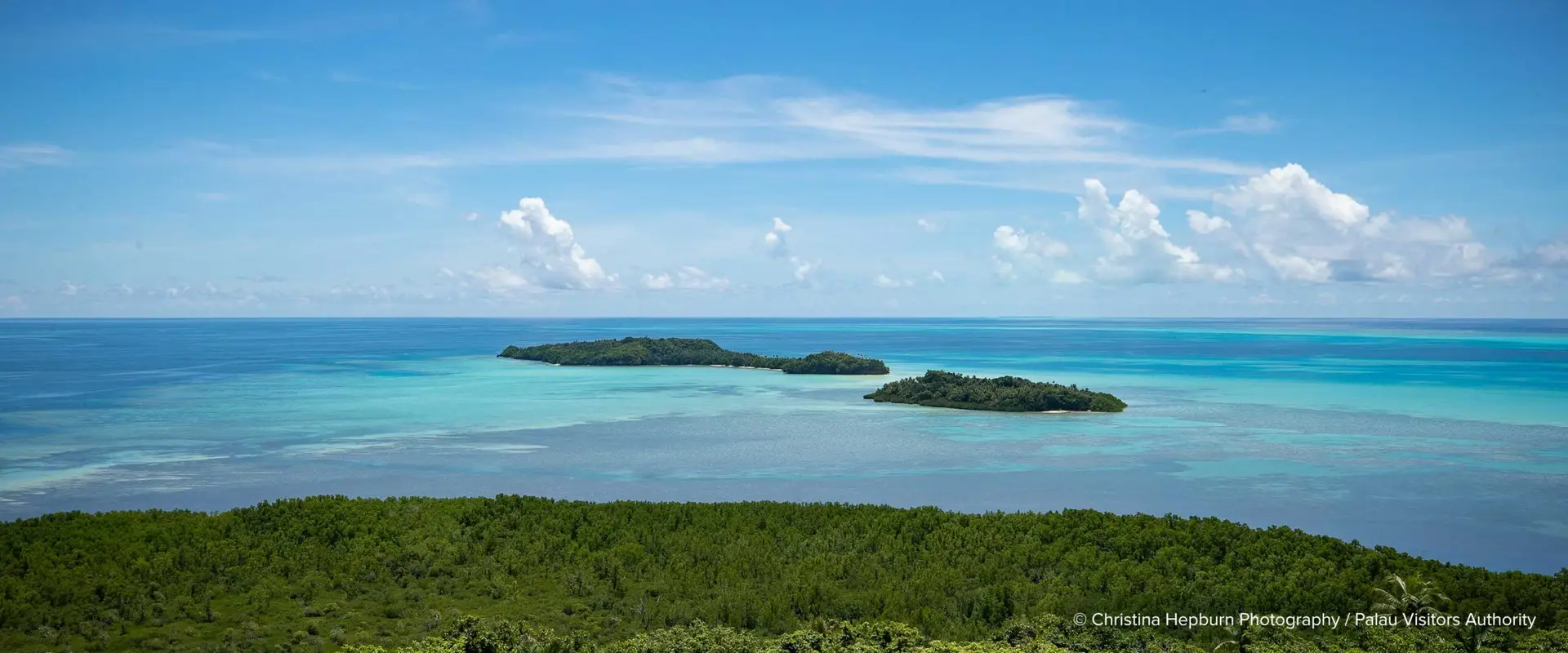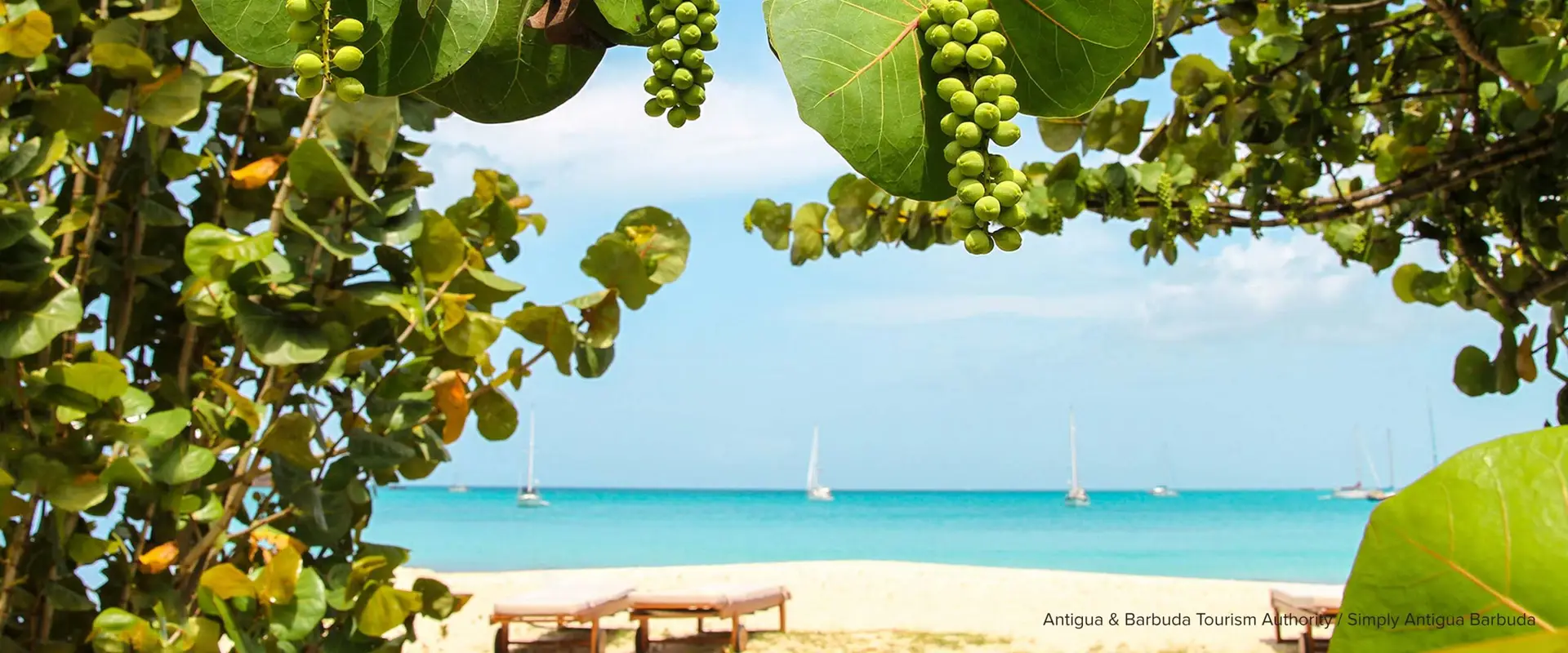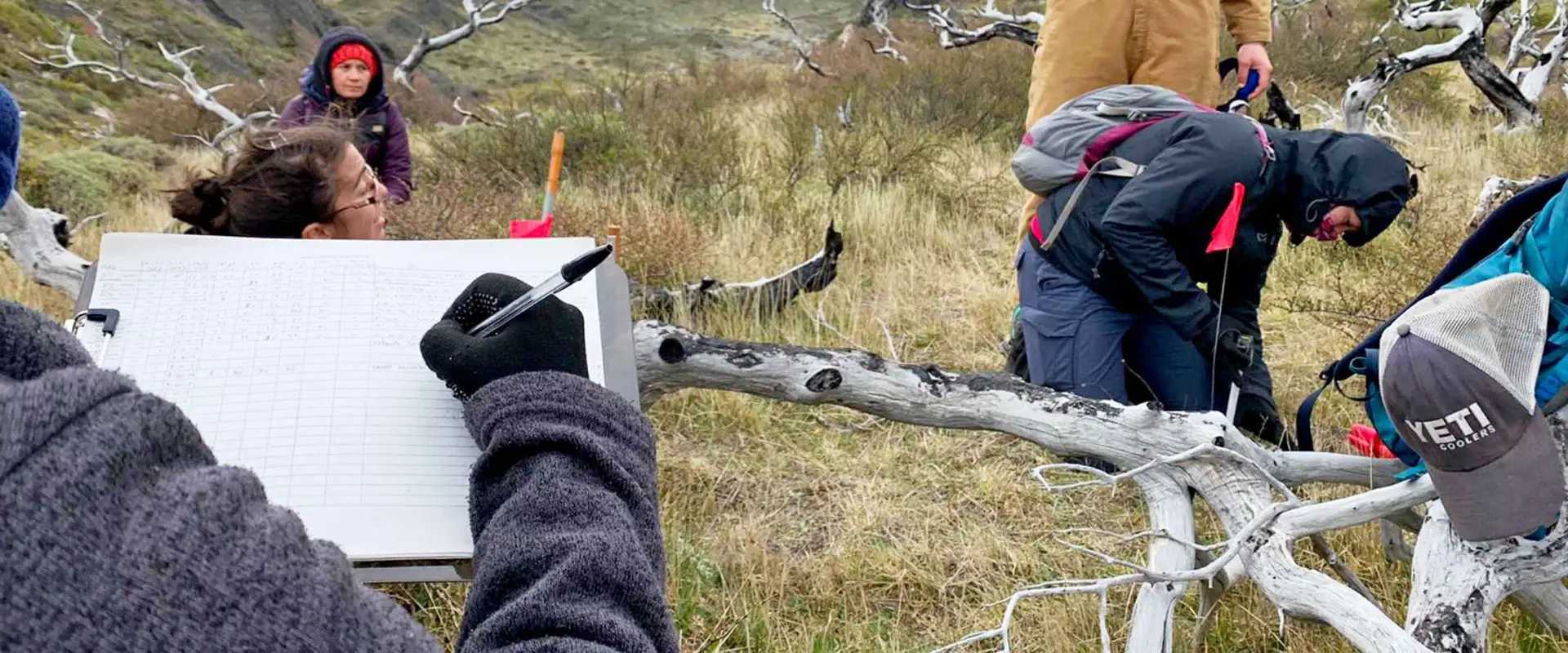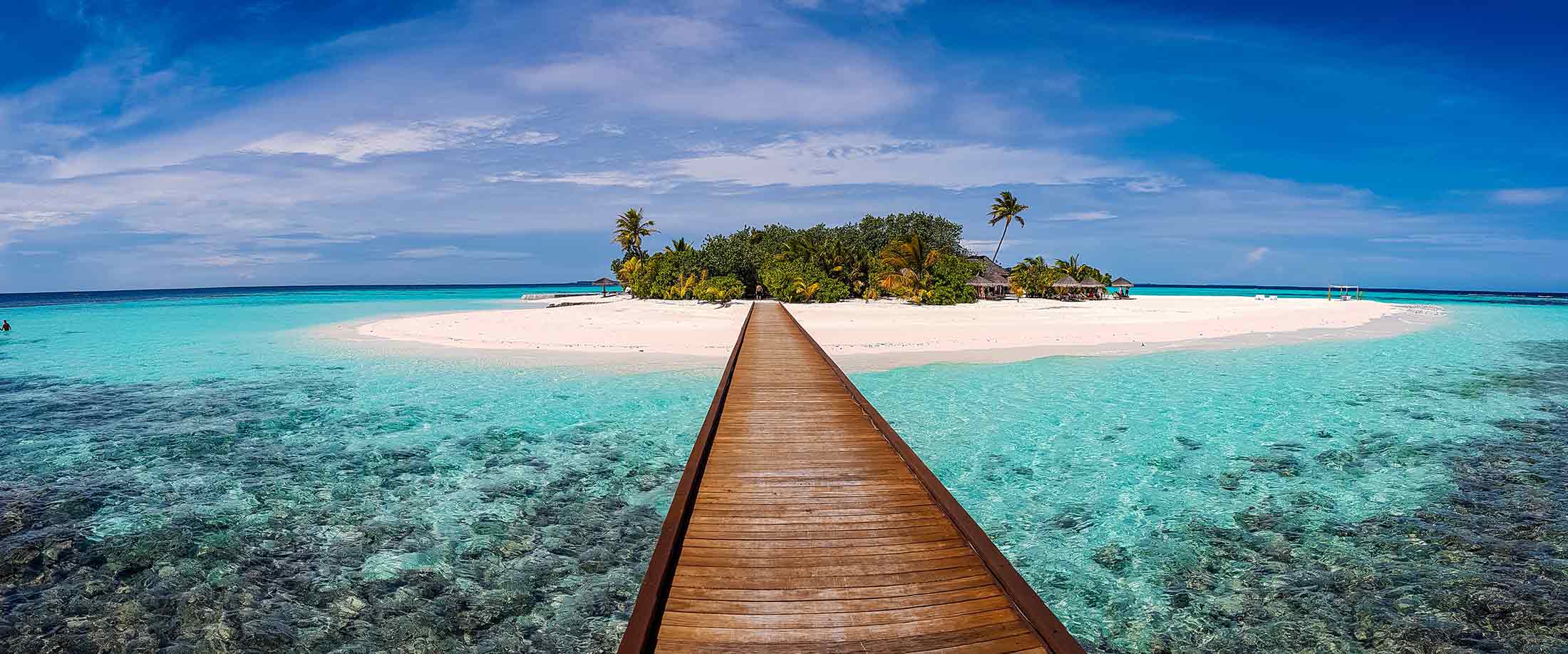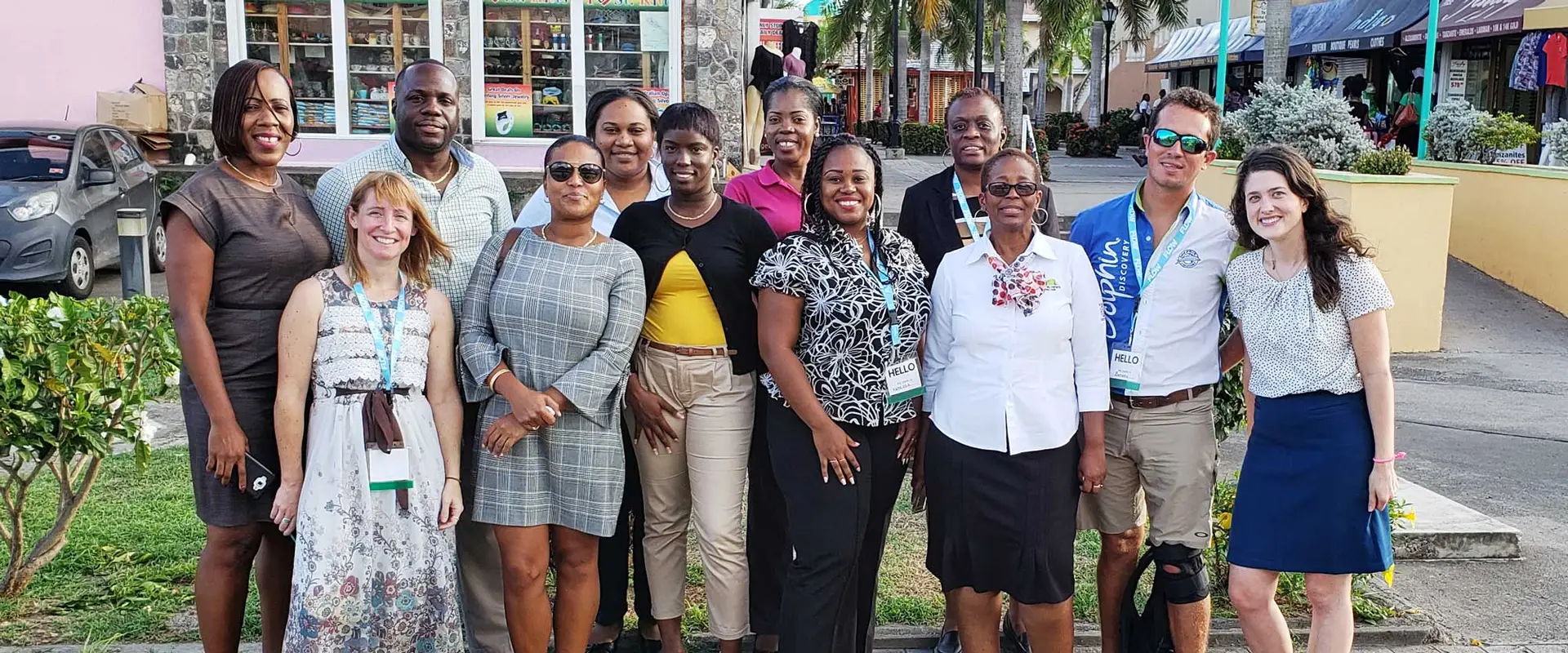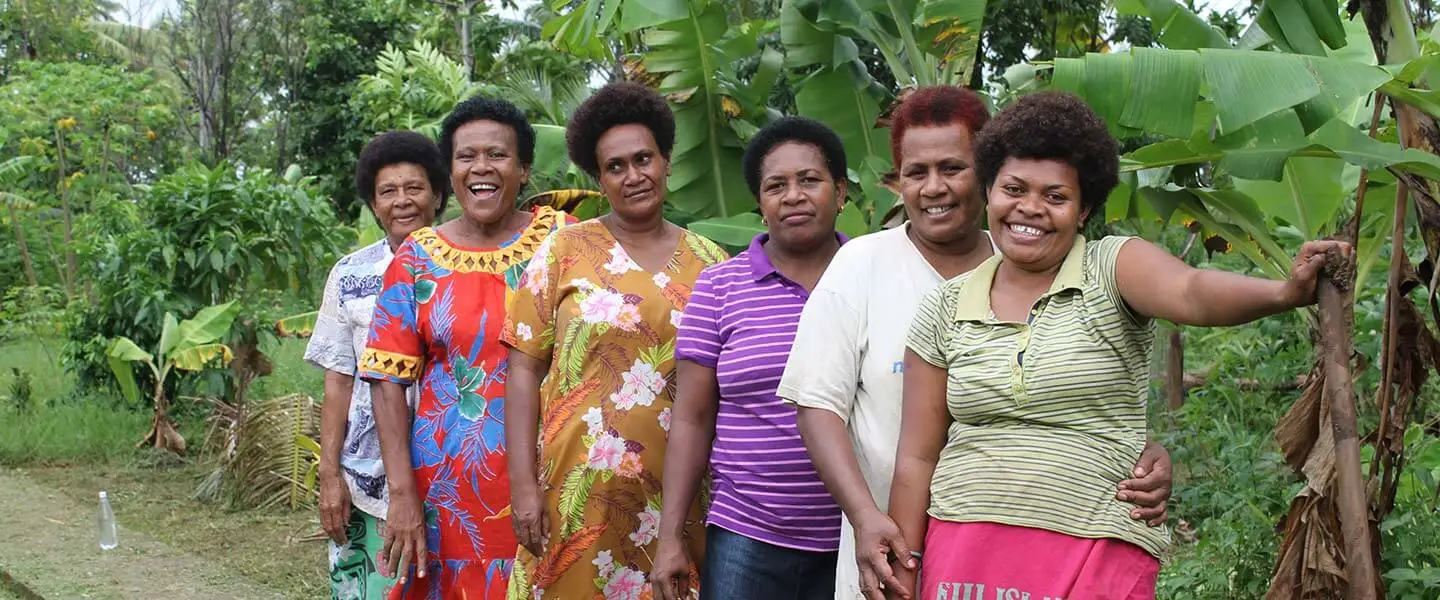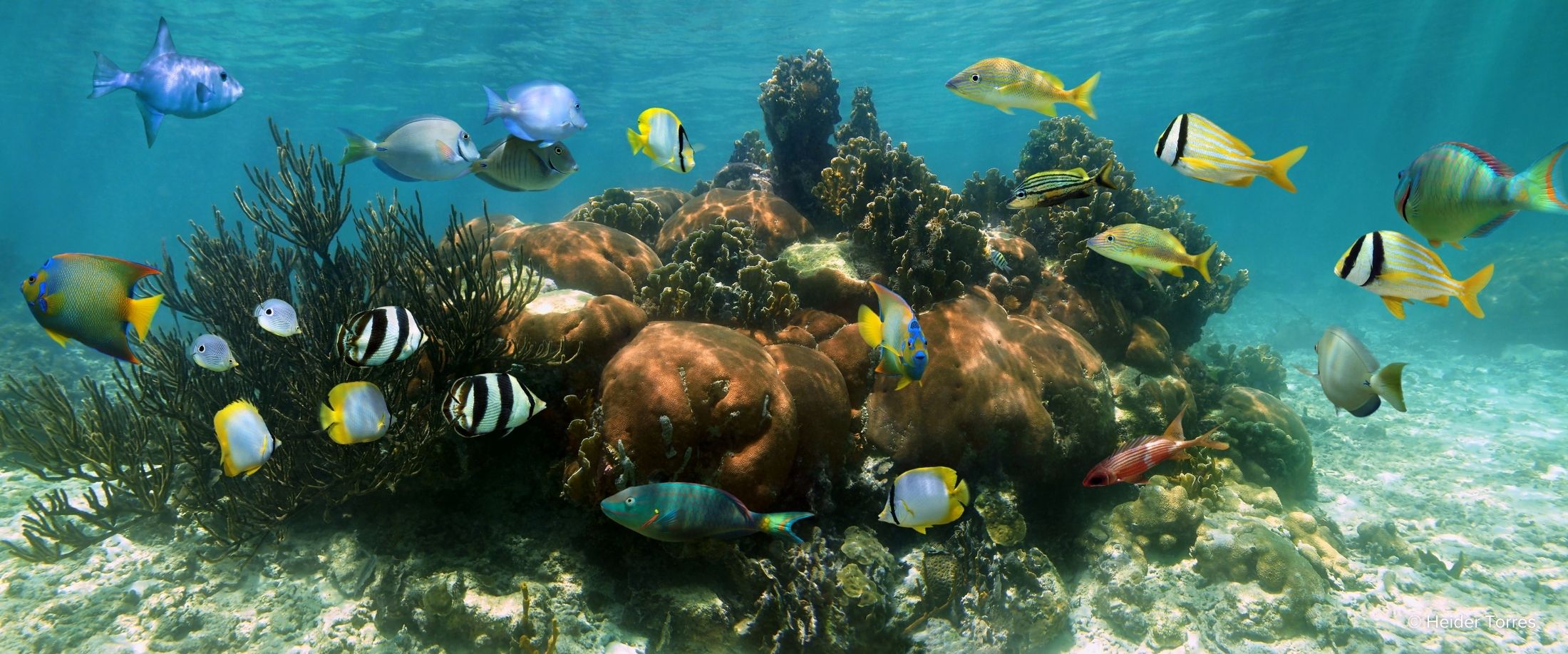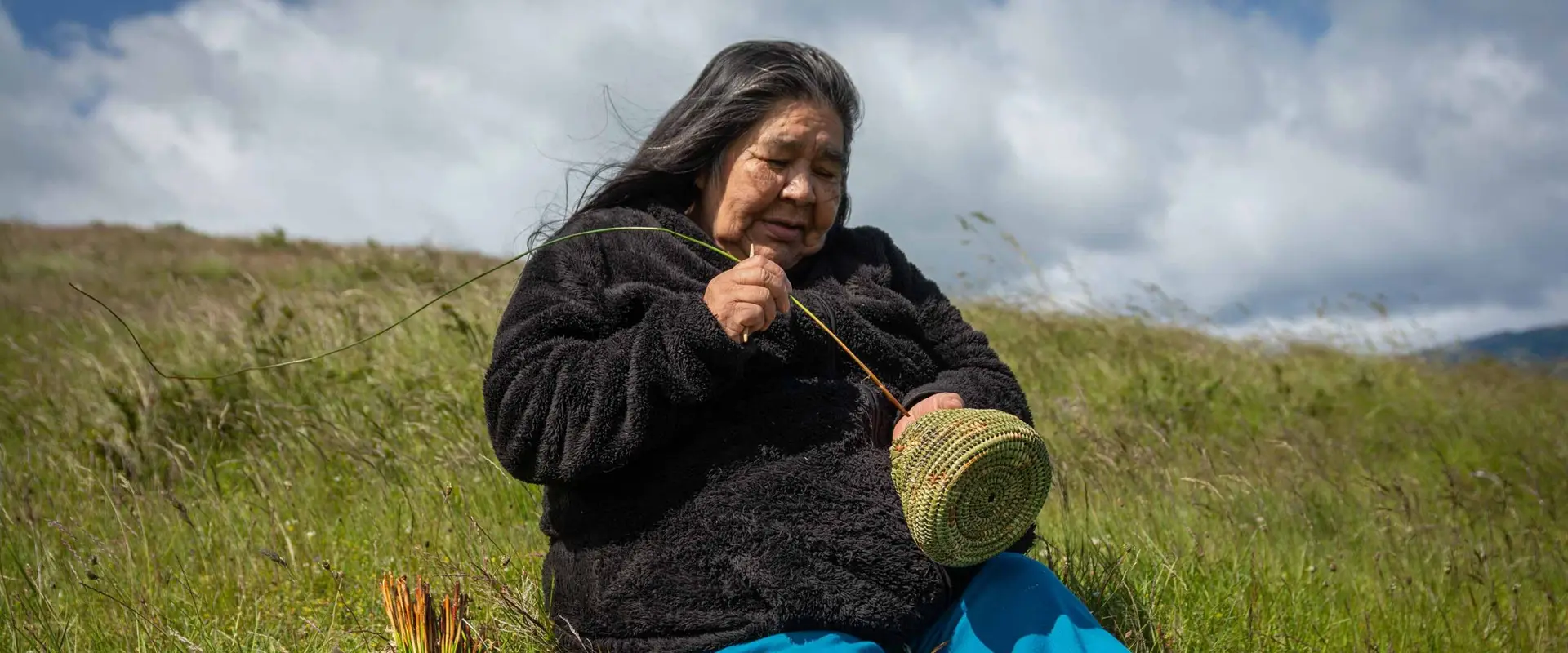Assessing sustainable tourism issues and needs to protect one of Africa’s World Heritage Sites
The Ngorongoro Conservation Area is one of Tanzania’s most visited destinations, covering 8,292 square kilometers of savanna, highland plains, savanna woodlands and forests. The area is internationally renowned for the Ngorongoro Crater, the world’s largest intact volcanic caldera; the resident pastoralist population; and the native wildlife including Africa’s ‘Big Five’ – the African elephant, Cape buffalo, rhinoceros, African lion and African leopard. The protected area also harbors a range of endangered species and supports one of the largest animal migrations on earth, making it a global priority for biodiversity conservation.
The Ngorongoro Conservation Area is home to tribal communities who preserve their traditional way of life while co-existing with the area wildlife. The protected area also contains a number of key paleontological and archaeological sites where Hominid fossils dating back three million years were discovered. The Ngorongoro Conservation Area was declared a natural property on the UNESCO World Heritage List in 1979 and a cultural property in 2010.
In recent years, the region experienced considerable tourism growth as well as an increase in the resident and livestock populations. The conservation area now faces numerous conservation and community relations challenges linked to this growth including:
- Degraded quality of the visitor experience
- Saturation and congestion
- Human wildlife conflict
- Need for a diversified product offering
- Lack of engagement with key stakeholders
- Low capacity of local community
- Low community involvement in tourism
Project Type

Destination: Tanzania

Region: Africa
Location
Dates
2016
Our Role
At the request of UNESCO, Sustainable Travel International completed a detailed situation analysis and tourism needs assessment to help the Ngorongoro Conservation Area Authority (NCAA) develop a holistic strategy for sustainable destination management within the Ngorongoro Conservation Area. It was funded by the UNESCO Flanders Fund and Trust under the framework of the UNESCO World Heritage and Sustainable Tourism Programme.
- Safeguarding the outstanding universal value of the Ngorongoro Conservation Area, including protection of globally threatened species and biodiversity as well as preservation of the local culture and heritage
- Enhancing the visitor experience
Sustainable Travel International undertook three key activities between May and June 2016: destination profiling, an on-site assessment and situation analysis, and a needs assessment report. The report contained key issues related to tourism in the Ngorongoro Conservation Area and provided recommendations for improvement.
The situation analysis and tourism needs assessment will be used as the basis for completing the NCAA sustainable tourism development strategy.
Explore More Destination Projects
Protect the Places You Love
Help conserve our planet’s most vulnerable destinations and empower the people who live there. Join the movement today.


